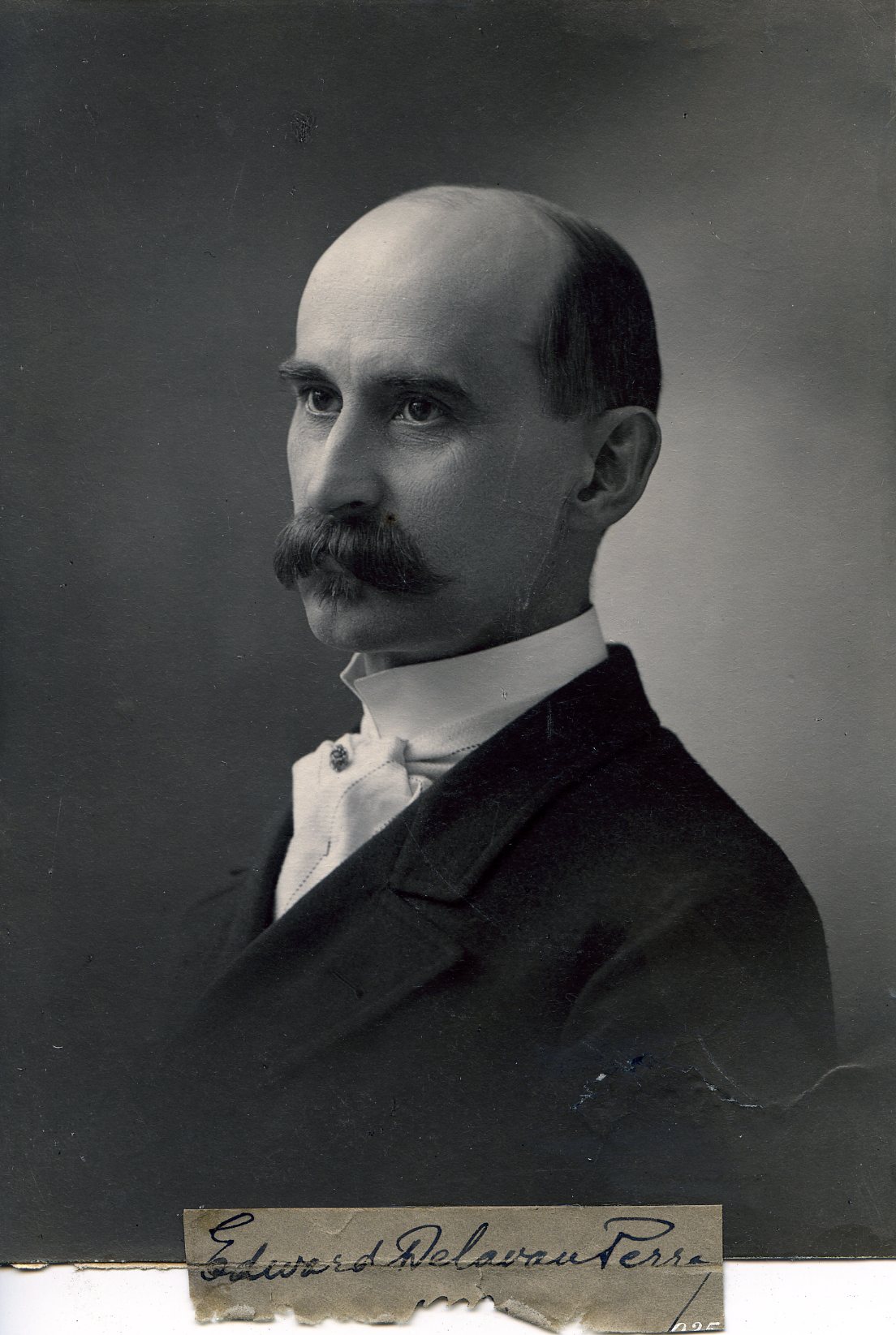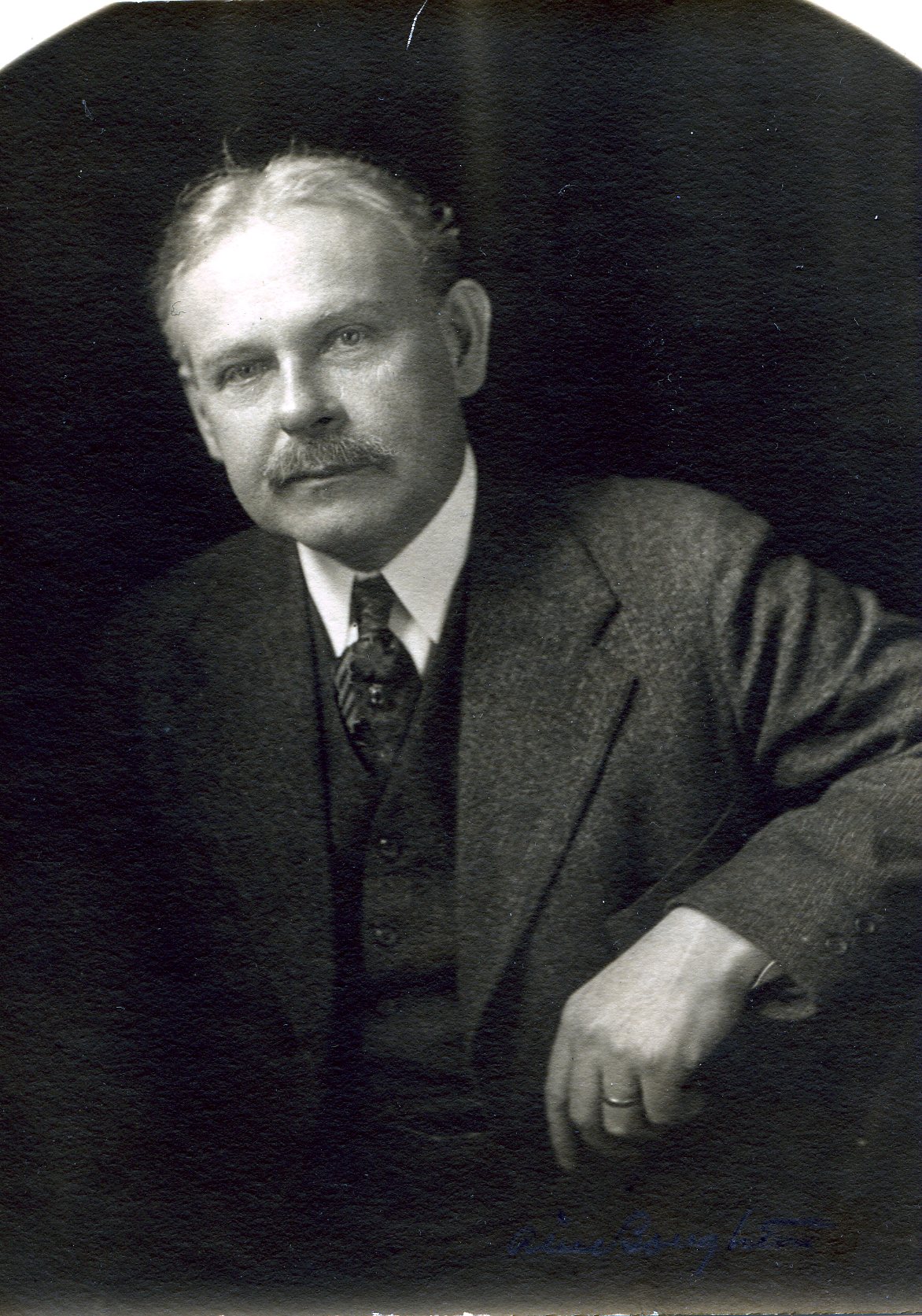Member Directory,
1847 - 1922
Wendell T. Bush
Lecturer in Philosophy
Centurion, 1910–1941
Frederick J. E. Woodbridge and Edward Delavan Perry
Ridgeway, Michigan
New York (Manhattan), New York
Age forty-three
Bangor, Maine

Century Memorial
“A professor of philosophy,” Wendell T. Bush used to say, “studies philosophy; a philosopher studies life.” Bush was a highly respected professor of philosophy at Columbia and one of the founders and editors of the Journal of Philosophy. He was the founder, too, and organizer of the Bush Collection of Religion and Culture, one of the most distinguished little museums of its kind in this country, and, strictly speaking, the only one of its kind. But he was, in his sense—and in Plato’s—a philosopher. He had studied life widely and over wide areas of the world. And it was as a student of men and women and their ways, tragic and comic, that he was known to his fellow Centurions and to his colleagues and his students and his host of friends, among whom he numbered, even to his older days, the eager young.
It was a pity for the Century that in later years especially a disabling illness prevented him from using the Club much, and that long absences abroad in his earlier years made him a relatively infrequent visitor. It was a pity because he had precisely those gifts of conversation, wise, witty and urbane, which would have peculiarly graced the West Room or the Long Table. It was a regret on his part, too. For many of us have heard him speak with peculiar affection of the Century and what it meant to belong in this age of vanishing quality of life to a club that cherished and exemplified the humane tradition. Had he been oftener among us we should have heard, as did his intimates, the fruits of a lifetime of eager study and of erudite study—no browsing—among the ancient Greeks and the modern Europeans. One would have shared his enthusiasm for the life he had known with savor in England, France, Germany, Italy. One would have heard his charming memories of William James and Santayana, his teachers and lifelong friends. One would have heard him discourse on that art which was in his mind so close to philosophy, and to religion and to human issues and problems and enjoyments. Many Centurions have heard him discourse on these things in letters, but it was something even better to hear him say these things, with wit and insight and a humorous deprecating modesty. In his later years he had not, in his immersion in what he called the patrimony of the past, forgotten the problems of the future. And it became his increasing preoccupation to consider the possibilities of a world in which the imagination of men would inhabit a planet in which the arts, including the art of life, could flourish. People who met him only briefly felt at once the human quality and the distinction of this courteous and cultivated mind. They felt the distinction of his leonine head and his great shock of curly hair. They felt it in his voice and in his words. Hundreds of younger people, too, knew the generosity of his help to them and, what was more, the education and endowment of his wise and guiding interest. The Century, along with Columbia University, where he taught for a generation, has lost a distinguished familiar and a rare friend.
Geoffrey Parsons
1941 Century Memorials


